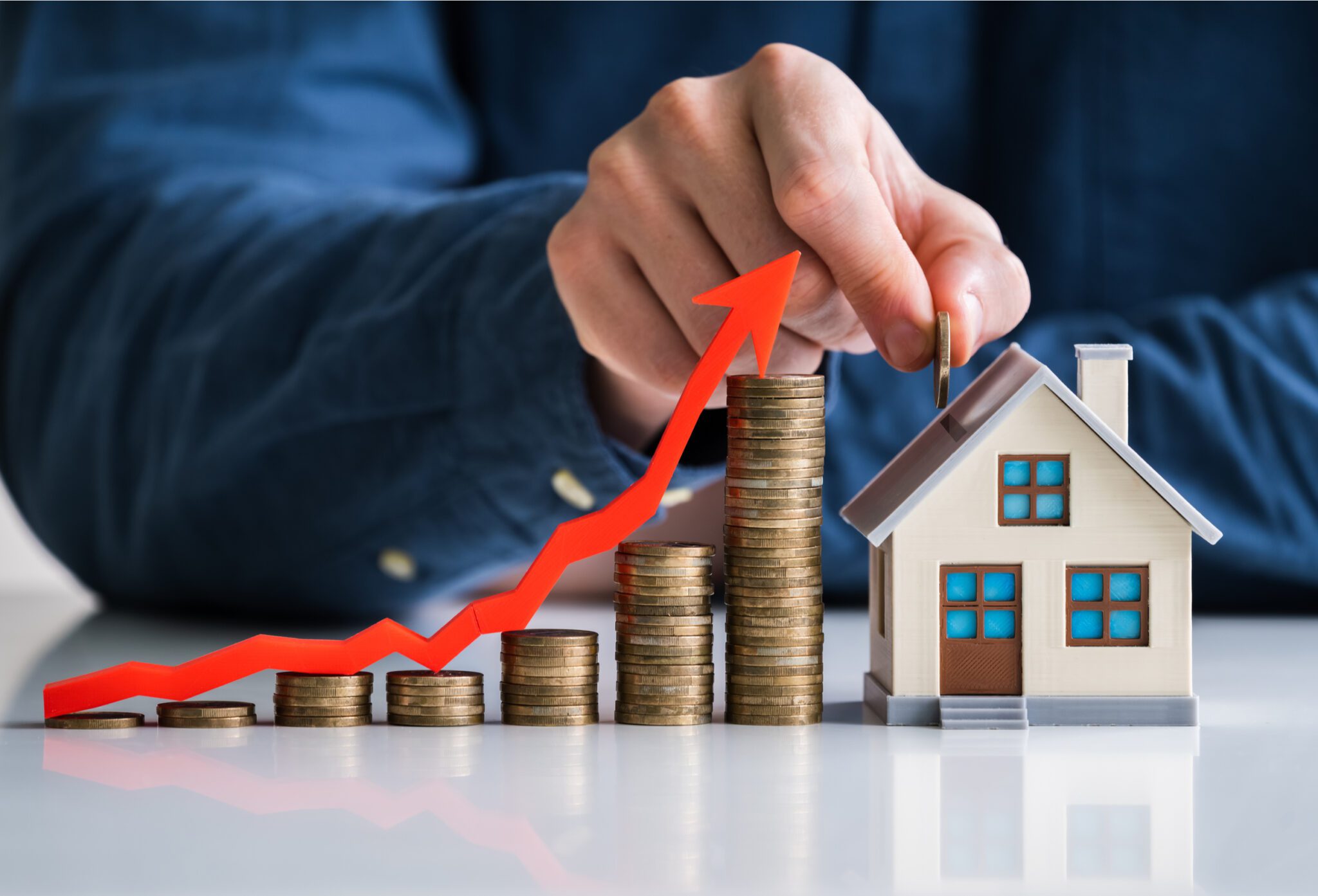
Why Choose To Invest In Property
People often face a wall or get intimidated by the prospect of property investment to make their money grow and one of the primary reasons is that it generally involves a lot of capital to get started.
One real estate property alone can cost thousands of dollars which not everyone has that much money lying around or can be considered disposable income.
Nonetheless, it should not stop you from planning to set yourself up for the long-term or if you want to engage in long-term sustainable income streams.
There are several ways to invest your hard-earned money and investment property can be one of the best paying investments that you can get into, whether as a rental property, flipping houses, or commercial units.
Why consider property investment?
Real estate assets are no doubt one of the popular tangible assets in the market since time immemorial.
Real estate property is indeed a high-value investment asset as its market value is relative to the development, growth, and economic activity of a certain location.
Real estate property, unlike other non-perishable items, appreciates over time.
There are ways to invest in properties, such as acquiring existing rental properties and renting them out. Such is a common investment activity, particularly in high-growth areas where building or property owners offer bulk price packages for selling their rights for building property that usually lasts contractually over several years.
These may include mix-use properties for commercial, office, and residential spaces and the good thing about it is mixed-use spaces can dictate different price scales that can be played around to suit those who are eagerly interested to rent spaces in the area.
Determining investment strategies
Three key principles govern most investing strategies when starting their investment journey.
Accumulation
The primary goal of an investor is to focus on accumulating the most number of growth assets that one can afford and support financially.
They start by building the foundation for their investment assets and move forward on their investment journey to generate long-term benefits. It is towards the end of this stage that they start to experience challenges with borrowing money from banks to finance asset purchases as debts or financial obligations continue to increase.
Consolidation
It is at this stage when an investor focuses on reducing the amount of high-value assets and begin the process of building cash flow sources. They start exploring ways to improve their streams of income through their existing assets.
Loan to Value Reduction
They begin to realise the fruits of their hard work and increase their options to settle financial obligations and at the same time generate cash flow through multiple income streams.
With the number of properties they have acquired for their investment portfolio, they have more options to choose whether to sell off properties for a profit, reduce their debts and obligations by increasing their repayment amounts, or use the equity that established in their portfolio as a source of livelihood or income.
Each investor’s investing journey will vary from others based on factors such as knowledge, risk profile, starting points, and income value. Nonetheless, when investors plan their investment journey carefully, put their minds into it, and do what needs to be done they will be able to realise their investment goals and improve their quality of life.
So, when planning to go into property investing, would-be investors must take the time to think it through. Investments may cost a bit more due to their high-value profile, it will be well worth the effort and resources when it starts to pay off and set investors up for life.